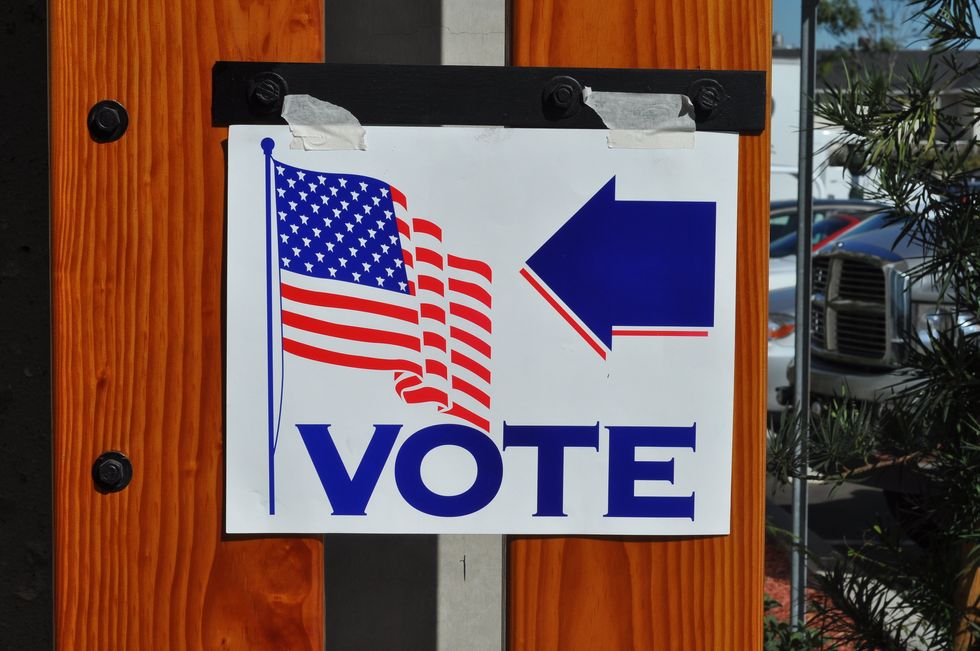Tuesday, March 2 is Super Tuesday for the 2020 presidential election- in other words, Tuesday, March 2 is one of the most important days in terms of determining our future president.
Super Tuesday is the day when the majority of states hold their primaries, meaning that this is when the majority of Americans will be voting for the candidate they want to get the nomination.
If you are of voting age, you should be one of them.
Here are the states holding primaries on Super Tuesday: Alabama, Arkansas, California, Colorado, Maine, Massachusetts, Minnesota, North Carolina, Oklahoma, Tennessee, Texas, Utah, Vermont, and Virginia. See your state listed here? Then get on it.
If your state is not listed here, your primary will likely take place in April, June, or August.
Remaining complacent during your state's primary means you are voiding your right to have an opinion. Remaining complacent means there is one less voice going into a decision that will affect all of us. You have power... so, use it.
Are you of voting age but haven't yet registered, or don't know how?
A quick Google search can let you know where your local election office is- you can register in person at that location.
Are you at college, or otherwise unable to register in person in your hometown? Not to fear!
Follow this link to access the National Mail Voter Registration Form. On that site, you may also filter the page based on your state for more specific instructions, as well as the appropriate mailing address for you.
Additionally, the majority of states also allow online voter registration. Visit this site to check if your state allows this, and if so, head here to complete the process.
In addition to making sure you are a registered voter, you need to be an informed voter. Don't go into elections blind. Watch the debates, do your research, and most importantly, be on the watch for misinformation.
Misinformation is a huge and dangerous issue, especially in today's political climate. Essentially, misinformation is false or inaccurate information, specifically that which is used intentionally to deceive those receiving it. You might know it based on the coined term "fake news". It can be incredibly misleading, and incessantly difficult to recognize. However, there are tricks that can help you distinguish between fact and fiction or partial truths.
NPR offers an immensely helpful article with five major tips that can help you stay educated, and avoid being easily swayed by misinformation. You can find it here.
Register, do your research, form your own opinions..... and vote.




















 sunrise
StableDiffusion
sunrise
StableDiffusion
 bonfire friends
StableDiffusion
bonfire friends
StableDiffusion
 sadness
StableDiffusion
sadness
StableDiffusion

 purple skies
StableDiffusion
purple skies
StableDiffusion

 true love
StableDiffusion
true love
StableDiffusion
 My Cheerleader
StableDiffusion
My Cheerleader
StableDiffusion
 womans transformation to happiness and love
StableDiffusion
womans transformation to happiness and love
StableDiffusion
 future life together of adventures
StableDiffusion
future life together of adventures
StableDiffusion





















